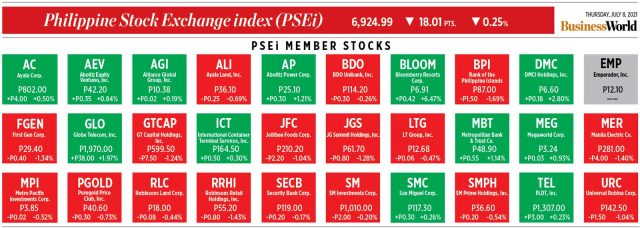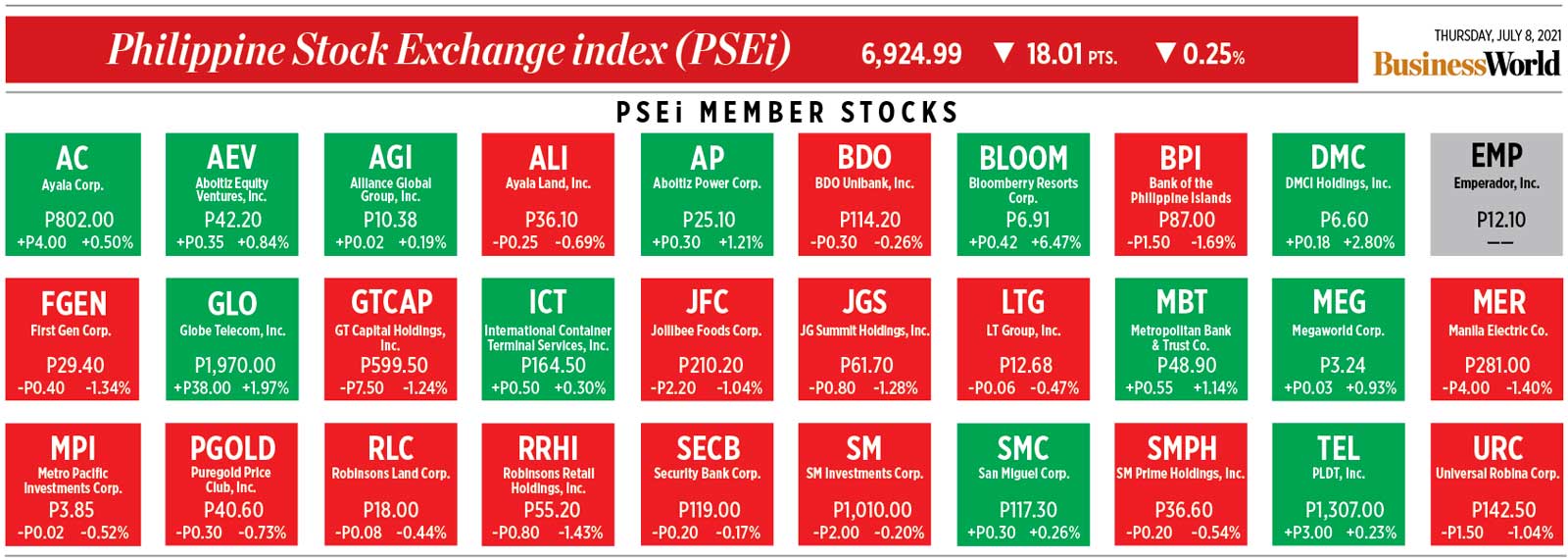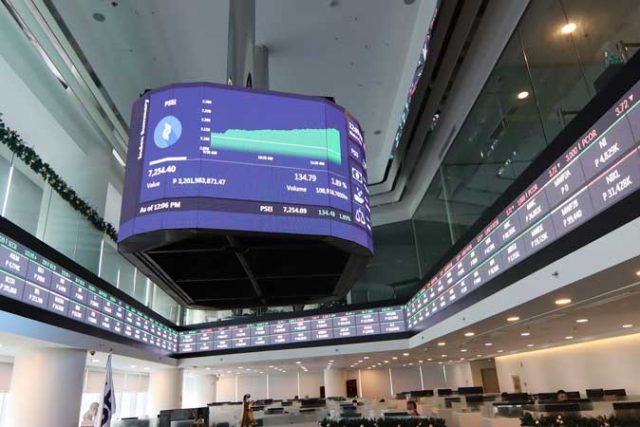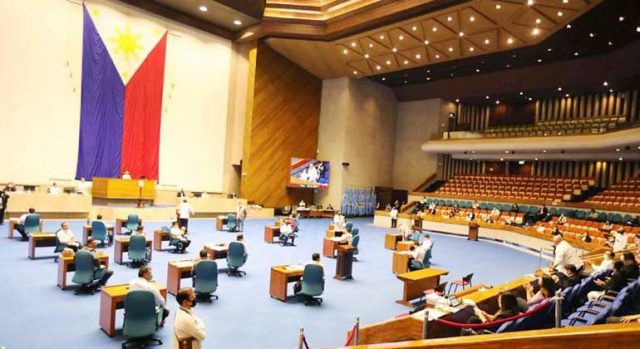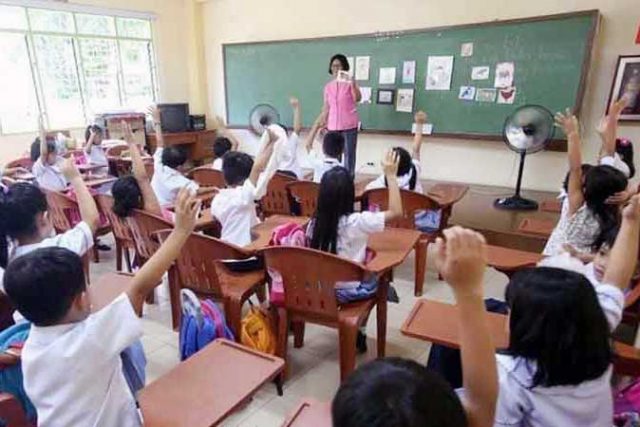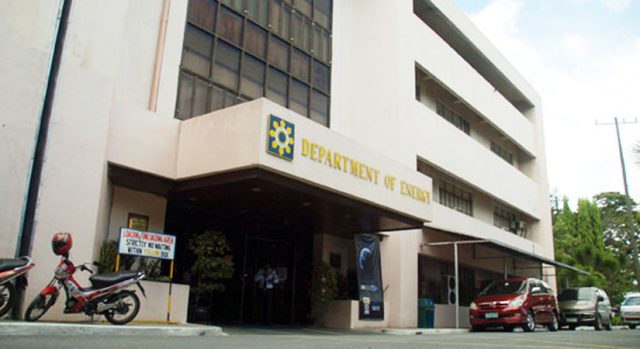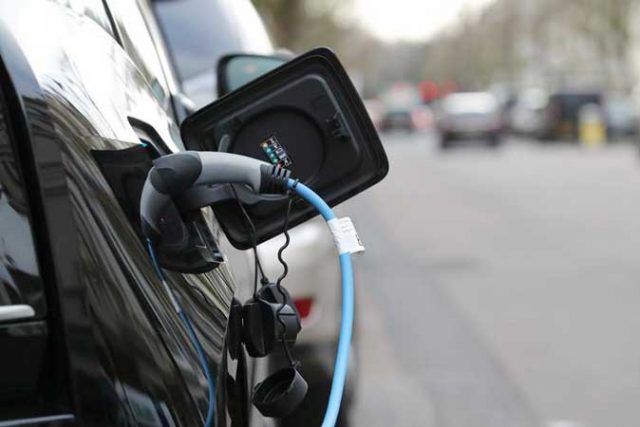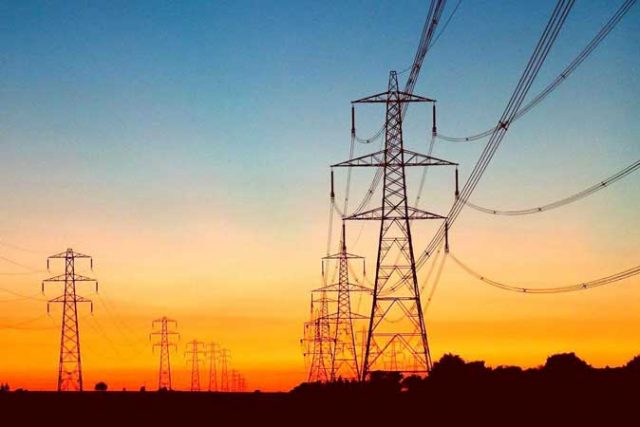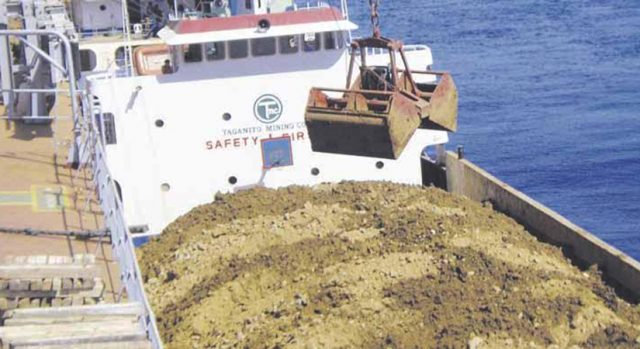Stuff to do (07/09/21)
Online performances, exhibit, talks explore digital landscape
XSCENA, a series of scenography exhibits and webinars, gathers multi-awarded theater practitioners and multidisciplinary artists to collaborate on a project which seeks to capture and develop performance experimentations onto different platforms. The first installment, entitled “Iteration: Recon/figures,” features a week-long digital exhibit of live and pre-recorded original presentations which depict the digital medium not as a limitation but as additional character and setting in the discipline. It will be held from July 12 to 16, from 6 to 8 p.m. Participating in the first installment are multidisciplinary artist Bunny Cadag; Langgam Performance Troup (LPT) artistic director Jenny Logico-Cruz; LPT co-founder and resident director, photographer and filmmaker Blonski Cruz; multidisciplinary artist John Andre Sarmogenes; Pasakalye Black Box Theater Manager and Sining Banwa Albay Performing Collectives, Inc. resident playwright Sari Saysay; and artist-collaborators, scenographers, designers and educators Lawyn Cruz and JayLo Conanan. The retrospective is curated by Tuxqs Rutaquio and Katrina Stuart Santiago. The five-day series will conclude with a talk back session with the artists to be facilitated by Santiago and DeviDiva Productions Artistic Director Dr. Sunita Mukhi, on July 17, 3 to 4:30 p.m. Hosted by the Arts and Culture Cluster of the De La Salle-College of Saint Benilde, the event will be available on view on Facebook, TikTok, YouTube and Zoom. Interested participants may register at https://forms.gle/wzpZzjAAYPFnPLmR6. For more information, visit https://www.facebook.com/xscenafestival.
Son Ye Jin, Hyun Bin appear on Smart Hallyu Hangouts
Smart Communications is bringing Filipino fans closer to their favorite Korean superstars through Smart Hallyu Hangouts, a series of online shows where subscribers can watch their idols. Smart Hallyu Hangouts pilots on July 16 with multi-awarded Korean actress and Smart Signature endorser Son Ye Jin while Hyun Bin takes on the Smart Hallyu Hangouts stage on July 31. For the complete details on how to get tickets to these events, go to https://smart.com.ph/Pages/smart-hallyu-hangouts.
Big Bad Wolf online book sale extended
THE BIG Bad Wolf Online Book Sale is extended by popular demand until July 12. Over 60,000 book titles are available at discounted prices at the Big Bad Wolf site at bbwbooks.com.
Lego holds virtual party
THE LEGO Group will host the Lego Virtual Party: Building Imagination & Creativity on July 15, at 5 p.m., at the official Lego Certified Store PH Facebook page. The party includes a building session with Lego Dots, the creative line for DIY accessories. During the Virtual Party, guests will have the chance to create their own accessories according to their preferred style with the Lego Dots Bracelet set and Creative Party Kit. Showcasing the versatility of Lego for both kids and parents are Chloe Collings, Marie Field-Faith, Cham Magsaysay, Nikki Imbento, and Celline Bautista along with their children. The building session will be guided by radio and events host and adult Lego builder Tanya Zialcita. Viewers can participate through interactive games where they can write their answers in the comment section and get the chance to win the same sets used in the Lego Virtual Party. The audience can also follow along during the building session by getting the same Lego sets ahead of the event through the official Lego website at www.bankeebricks.ph or at any Lego Certified Store branches at Trinoma, The 30th Mall, BGC, Greenbelt, and Alabang Town Center.
Entries open for 2021 Pinoy K-Pop Star Transcend
KOREAN Cultural Center in the Philippines (KCC) presents the 2021 Pinoy K-Pop Star Transcend, the annual Philippine final leg of the K-Pop World Festival in Changwon. After taking a break last year, the country’s biggest K-Pop competition is back with performances from some of the most talented K-Pop cover groups in the country. Interested participants may send their application and dance demos until July 11, 11:59 p.m. Guidelines and details may be accessed through: tinyurl.com/2021PinoyKPop. The first place winner will win P30,000, second place will take home P20,000, while the third place will win P15,000. The fourth, fifth, and sixth place will take home special KCC gift bags. The 2021 Pinoy K-Pop Star Transcend will be livestreamed on July 30 on KCC’s YouTube Channel.







